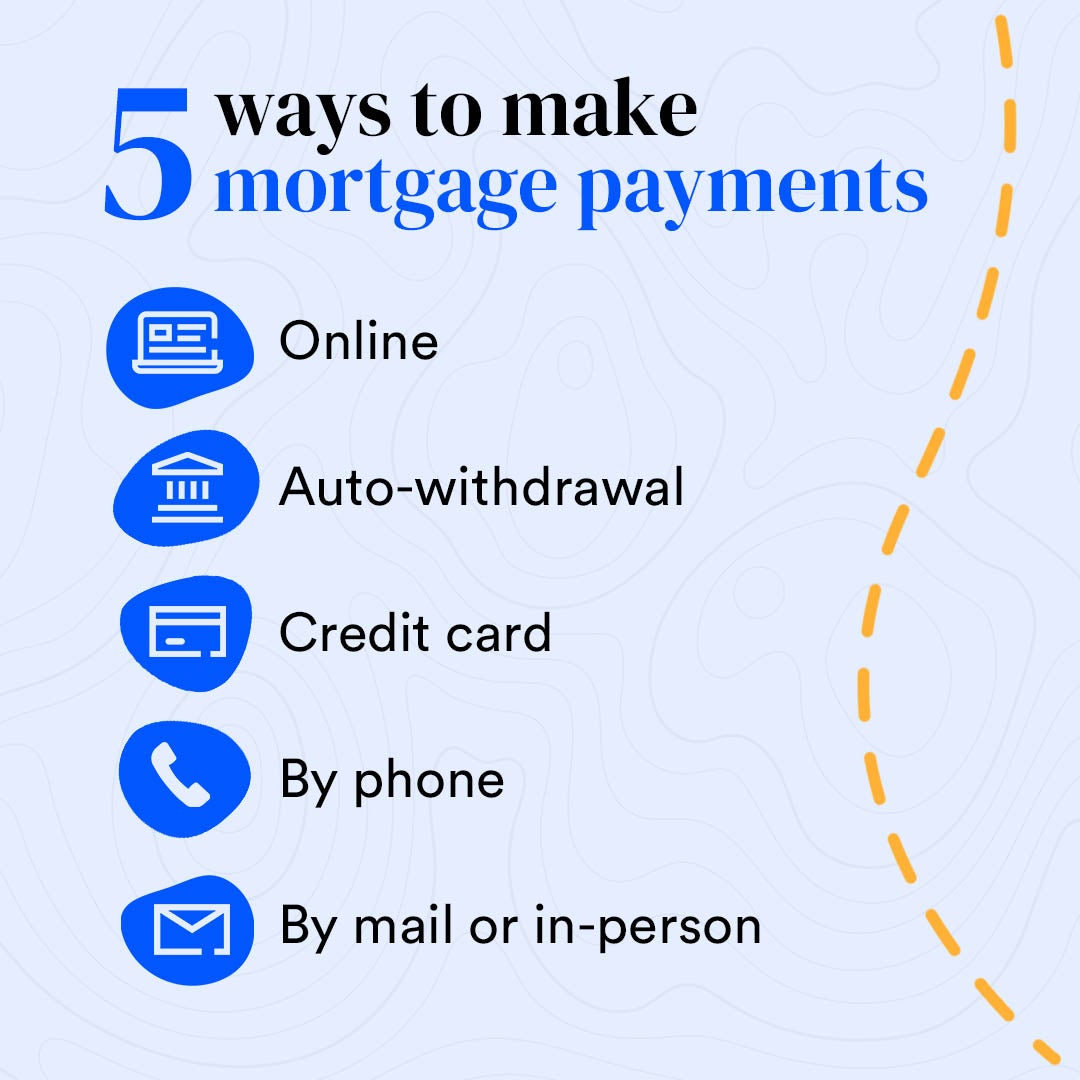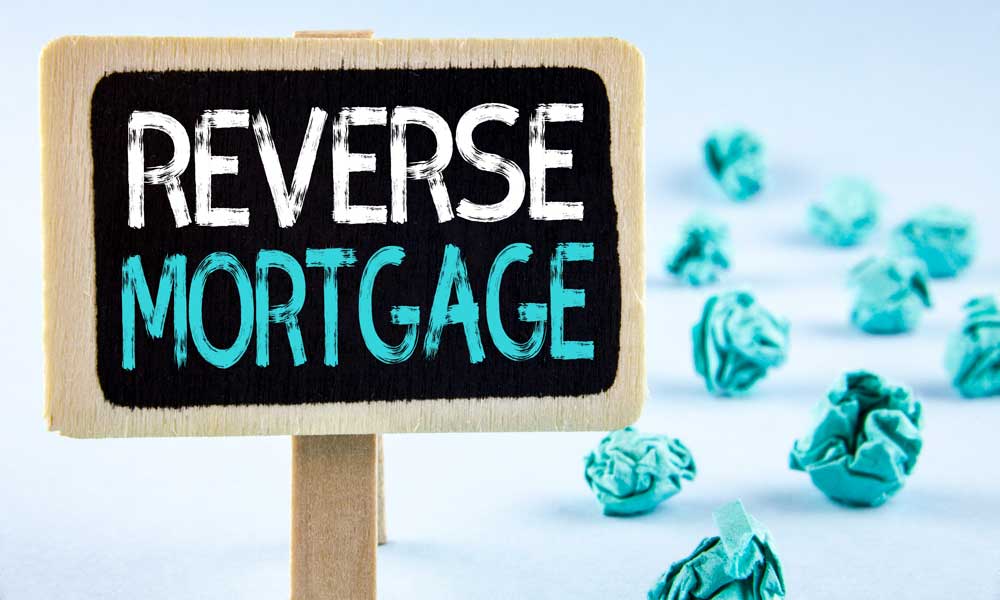A Mortgage Money Flow Commitment (MCFO) is a type of home loan pass-through unsecured basic commitment bond that has a number of classes or tranches. MCFOs utilize cash flow from a pool of home mortgages that generate revenue to pay back financiers their principal plus interest. Payments are gotten from mortgages in the swimming pool and handed down to holders of the MCFO security.
MCFOs do not hold a lien on the mortgages held by the security. They are simply bound by agreement to utilize the income from the home loans to pay their investors. MCFO owners have no legal rights to the actual hidden home mortgages, hence MCFOs are riskier than CMOs. Like CMOs, MCFOs are a kind of mortgage-backed security created through the securitization of private property mortgages that draw interest and primary payments from that specific pool of home mortgages.

Like CMOs, MCFOs plan home mortgages into groups with different payment attributes and risk profiles called tranches. The tranches are paid back with home loan principal and interest payments in a specified order, with the greatest rated tranches featuring credit improvement, which is a kind of defense against prepayment threat and payment default.
The specified maturities of MCFO tranches are identified based upon the date when the final principal from a swimming pool of home loans is anticipated to be paid off. But maturity dates for these types of MBS do not take into consideration prepayments of the underlying home mortgage loans and thus might not be a precise representation of MBS dangers.
CMOs, MCFOs and other non-agency mortgage-backed securities those mortgage bonds not backed by the government-sponsored enterprises Fannie Mae, Freddie Mac or Ginnie Mae - were at the center of the monetary crisis that led to the insolvency of Lehman Brothers in 2008 and led to trillions of dollars in losses on mortgage loans and millions of homeowners losing their houses to default.
In December 2016, the SEC and FINRA announced website new rules to moisten MBS risk with margin requirements for CMO and related MBS deals.
Getting The Hawaii Reverse Mortgages When The Owner Dies To Work
A mortgage swimming pool is a group of mortgages held in trust as security for the issuance of a mortgage-backed security. Some mortgage-backed securities released by Fannie Mae, Freddie Mac, and Ginnie Mae are referred to as "pools" themselves. These are the simplest kind of mortgage-backed security. They are likewise called "pass-throughs" and trade in the to-be-announced (TBA) forward market.
Mortgage swimming pools, which are groups of home mortgages, tend to have comparable characteristics, such as issuance date, maturity date, and so on. While mortgage-backed securities are backed by mortgage security with similar characteristics, collateralized financial obligation responsibilities are backed by collateral with varying attributes. A crucial advantage of home loan swimming pools is that they offer financiers with diversity.
Home loan swimming pools are consisted of mortgages that tend to have comparable characteristicsfor circumstances, they will typically have near to the very same maturity date and rate of interest. Once a lending institution finishes a home mortgage deal, it normally sells the home mortgage to another entity, such as Fannie Mae or Freddie Mac. Those entities then package the home mortgages together into a mortgage pool and the mortgage pool then acts as collateral for a mortgage-backed security.

A CDO is a structured financial product that pools together cash flow-generating properties and repackages this possession pool into discrete tranches that can be sold to investors. A collateralized debt commitment is named for the pooled assetssuch as home loans, bonds and loansthat are basically debt commitments that serve as security for the CDO.
Home mortgage pool funds benefit investors seeking genuine estate direct exposure due to the fact that they are a low-risk investment that moves individually of a stock and bonds and offer a foreseeable monthly income. Home mortgage pool fund loans are secured by realty and are referred to as hard cash since unlike most bank loans (which count on the credit reliability of the borrower), hard money loans think about the value of the underlying residential or commercial property.
Because of their shorter terms, hard cash loans are less vulnerable to being affected by rate of interest swings, which means it is a more foreseeable and reputable cash flow. Like discussed above, mortgage pool funds vary, where some focus on particular home types, while some are more general. These distinction can impact risk and return, so it is necessary to research the different mortgage swimming pools before diving in.
What Are All The Different Types Of Mortgages Virginia for Beginners
There's absolutely nothing better than stepping out your back entrance on a hot summertime day and jumping in your own pool. But beware when seeking to buy or re-finance a home with a pool. That swimming pool can trigger hold-ups in the mortgage procedure, or drown your loan application entirely.
Stubrud dealt with a customer who desired a reverse mortgage, however had an empty, aging swimming pool on the residential or commercial property. Reverse home loans follow FHA guidelines, which are specific about swimming pools. "They do not want it to be a health threat or a security hazard that there's a huge gaping hole in the ground." So what did the client do? "How they managed it was that they filled it in," states Stubrud.
The swimming pool ceased to exist. There were no other alternatives for this aging property owner who didn't have the cash to get the pool in working order. But Stubrud states the client did raise an alternative idea. "They really wanted to keep it and they were going have this below ground greenhouse.
Numerous homeowners believe that what's on your home is your company. While that's partly true, you welcome examination to almost every inch of a home when you decide to fund it with the loan provider's cash. It's true for FHA loans along with any other loan type. It comes down to security.
A pool that is a falling risk or is a breeding ground for germs is a risk to the health of the occupants. Not to discuss it opens the house owner up to suits (who provides most mortgages in 42211). The same standards would apply to things like a missing out on stairs outside the back door, missing out on handrails, or exposed lead-based paint.
Repairing the swimming pool to get it into what happens if you stop paying on a timeshare working order will permit the loan procedure to continue. When buying a house, this could be a predicament. It's risky to utilize your own funds to make repair work on a home that's not yours yet particularly swimming pool repairs which can range from a couple of hundred to a couple of thousand dollars - how to reverse mortgages work if your house burns.
Not known Details About How Is The Average Origination Fees On Long Term Mortgages
There may be another way to make repairs, nevertheless. "The debtor will need to get a quote for the essential repair work," says Sarah Bohan, VP of Corporate Relations at MSU Federal Cooperative Credit Union. "If the repair work are arranged to take location after the closing, the lending institution will generally ask for to hold 1.
You get back any cash left over after whatever's done. But don't rely on this option, says Bohan. "Many loan providers are not able to enable repairs after the home loan closes since they sell their loans on the secondary market and need to provide the loan within a set timeframe." Ensure your loan provider allows for repair work after closing before you consent to purchase a home with a run-down swimming pool.